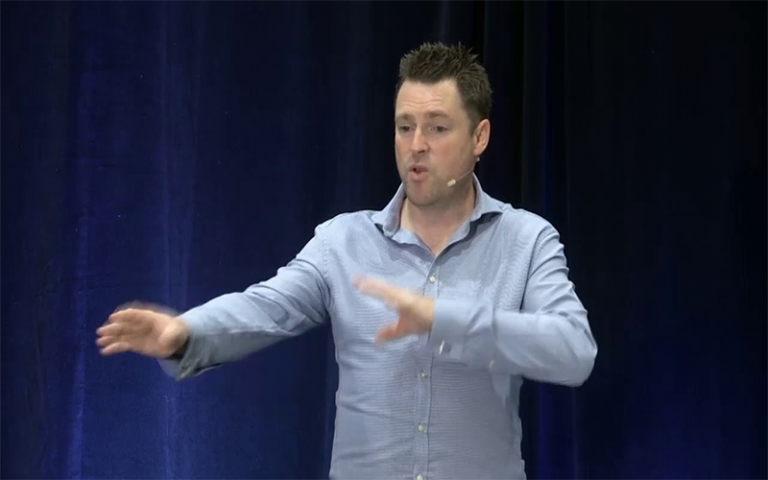Director's Seminar: Reinterpreting human history to decouple prosperity and environmental impact
11 October 2018, 4:00 pm–6:00 pm

We are joined by Mark Maslin FRGS, FRSA, Professor of Earth System Science at University College London for a Director's Seminar.
Event Information
Open to
- All
Availability
- Yes
Organiser
-
UCL Institute for Global Prosperity02031086608
Location
-
G02Medawar BuildingWatson LTLondonWC1E 6BTUnited Kingdom
We use Eventbrite for Soundbite and Director's Seminars registrations. Please sign up through the link above, and note that seating is offered on a first-come-first-served basis.
About
Human history can be described by five successive types of society that spread worldwide; Hunter-Gatherer, Agricultural, Mercantile Capitalist, Industrial Capitalist and Consumer Capitalist. Each of these societies created greater prosperity through more energy, information and knowledge. This resulted in more people, increased productivity and rising collective human agency, but also had ever-greater global environmental consequences. In the future we need to decouple prosperity from environmental damage and Prof. Maslin discusses ideas such as 'University Basic Income', 'Half-Earth' and 'Rewilding' as potential solutions.
The speaker
Mark Maslin FRGS, FRSA is a Professor of Earth System Science at University College London. He is a Royal Society Industrial Fellow, Executive Director of Rezatec Ltd and Director of the London NERC Doctoral Training Partnership. Maslin is a leading scientist with particular expertise in past global and regional climatic change and has published over 165 papers in journals such as Science, Nature and The Lancet. He has been PI or C-I on grants worth over £50 million. He has also written eight popular books, over 50 popular articles and regularly appears on radio and television. His latest book co-authored with Simon Lewis "The Human Planet" has been described as 'Profound and thought-provoking' by Thomas E. Lovejoy the winner of the Blue Planet Prize. Maslin was included in Who's Who for the first time in 2009 and was granted a Royal Society Wolfson Research Merit Award for the study of early human evolution in East Africa in 2011.
 Close
Close

